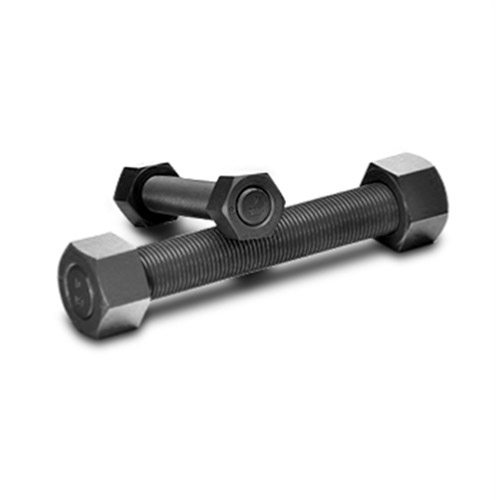Effective Solutions for Maintaining and Replacing Car Brake Pipes for Optimal Vehicle Safety and Performance
अगस्ट . 07, 2024 14:25 Back to list
Effective Solutions for Maintaining and Replacing Car Brake Pipes for Optimal Vehicle Safety and Performance
Understanding the Importance of Car Brake Pipes in Automotive Safety
When it comes to vehicle safety, few components are as critical as the braking system. Within this system, the brake pipe plays an essential role, serving as the conduit through which hydraulic fluid travels to apply braking force to the wheels. In this article, we'll explore the significance of car brake pipes, their construction, common issues, and maintenance tips to ensure your vehicle remains safe on the road.
The Role of Brake Pipes
Brake pipes are responsible for transmitting hydraulic pressure from the master cylinder to the brake calipers or wheel cylinders. When a driver presses the brake pedal, the master cylinder generates hydraulic pressure, which is delivered through brake pipes to activate the brakes on each wheel. This action is vital for stopping the vehicle effectively and safely. Given this critical function, the integrity and reliability of brake pipes cannot be understated.
Construction of Brake Pipes
Typically made from steel or aluminum, brake pipes are designed to withstand high pressure and varying environmental conditions. Steel pipes, while strong and durable, are prone to corrosion if not properly coated. Aluminum pipes, on the other hand, are lighter and more resistant to corrosion but may not provide the same level of durability under extreme conditions. The choice of material often depends on the vehicle manufacturer's specifications and the intended use of the vehicle.
In addition to the pipes themselves, various fittings, connectors, and seals are used to ensure a leak-free connection within the braking system. These components must be of high quality and properly installed to prevent potential failures.
Common Issues with Brake Pipes
Brake pipes, like any automotive component, can suffer from wear and tear over time. One of the most common issues is corrosion, especially in regions where roads are salted in winter. This can lead to rust formation and the eventual failure of the brake pipe, resulting in a loss of hydraulic pressure and decreased braking efficiency.
Another issue is physical damage, which can occur due to road debris, improper installation, or accidents. Damaged pipes can develop leaks, which can be dangerous as they lead to a loss of brake fluid and, consequently, a loss of braking power.
car brake pipe

Signs of Brake Pipe Problems
Recognizing the signs of brake pipe issues is crucial for maintaining vehicle safety. Drivers should be aware of the following symptoms
1. Warning Lights If the brake warning light on the dashboard illuminates, it may indicate a problem within the braking system, including issues with the brake pipes.
2. Reduced Brake Performance If you notice that your brakes feel spongy, require more effort to engage, or if the vehicle takes longer to stop, it could be a sign of leaking brake fluid or air in the brake lines.
3. Fluid Leaks Any visible signs of brake fluid pooling under the vehicle or on the braking components should be investigated immediately.
4. Unusual Noises Grinding, squealing, or other unusual noises when applying the brakes may indicate a problem that needs urgent attention.
Maintenance and Prevention
Regular maintenance is key to preventing brake pipe issues. Here are some tips
- Routine Inspections Regularly inspect the brake system, including pipes and hoses, for any signs of damage or corrosion. - Flush the Brake System Brake fluid should be replaced at manufacturer-recommended intervals to prevent moisture buildup and corrosion within the system. - Address Issues Promptly If any signs of brake problems arise, consult a qualified mechanic immediately. Timely repairs can prevent small issues from turning into major safety hazards.
In conclusion, car brake pipes are a vital component of the vehicle’s braking system, directly influencing safety and performance. By understanding their importance and maintaining them properly, drivers can enhance their safety and that of others on the road. Remember, when it comes to brakes, proactive care can make all the difference.
